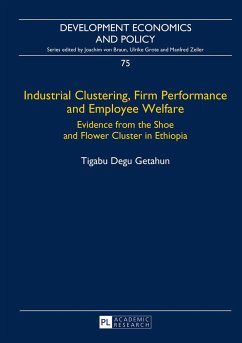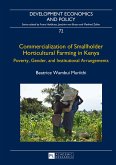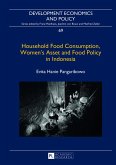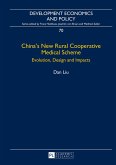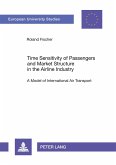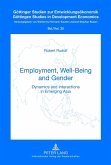The author examines the productivity, profitability and welfare effects of industrial clustering and a public policy promoting industrial clusters in Ethiopia. He uses reliable counterfactuals as well as original enterprise and worker level data. By investigating the effect of firm, time, entrepreneur and site specific factors as well as endogenous location choice issues, the author finds strong evidence for the existence of significant agglomeration economies in the Ethiopia leather footwear cluster. Using primary survey data collected from firms which benefited from the cluster policy and those that did not, both before and after the implementation of the policy, the author shows the unintended negative impact of a cluster prompting policy in Ethiopia. The book is essential reading for those who are interested in the gender and welfare impact of female full time labor force participation in industrial jobs.

